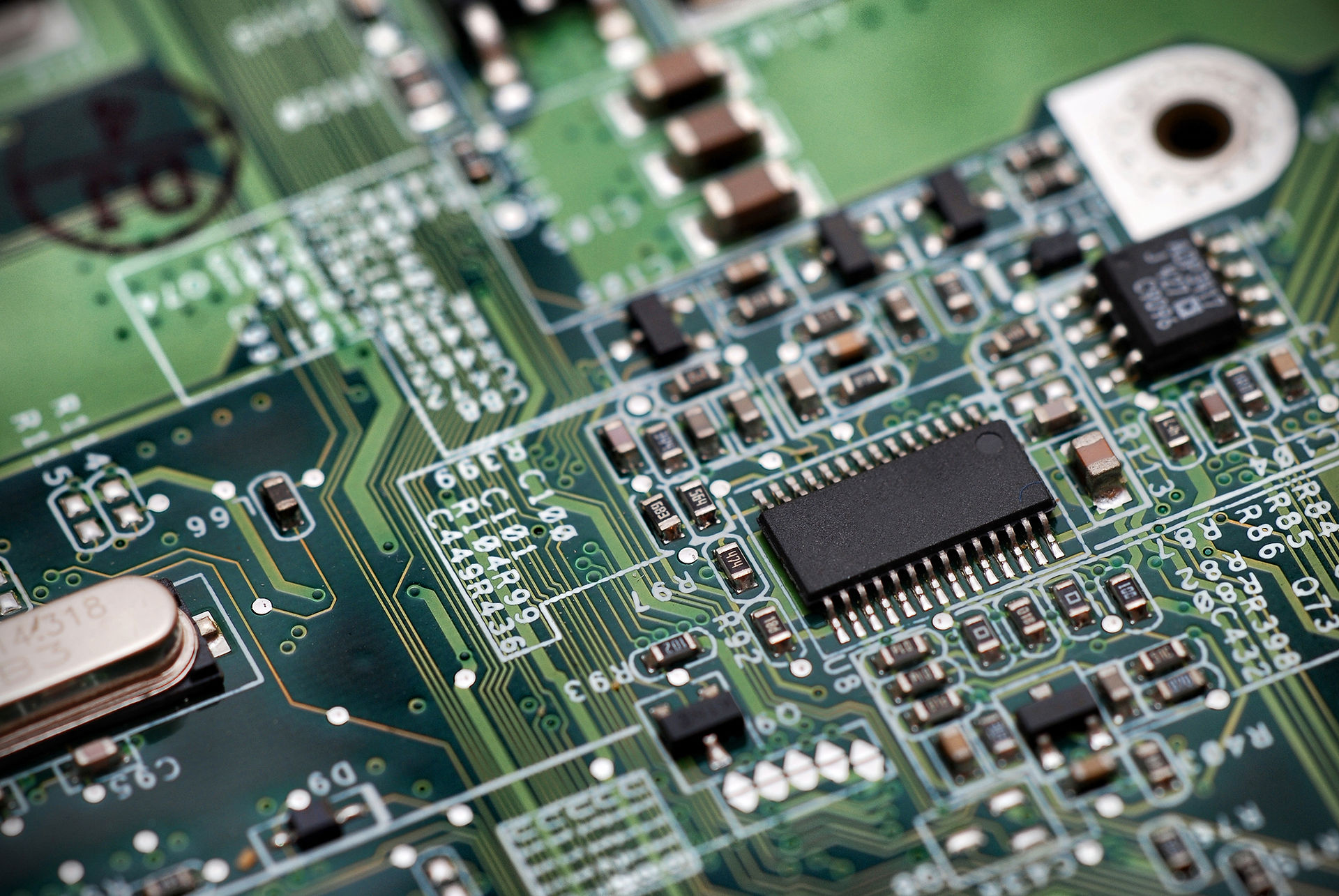Reinventing Responsibility: Let’s Lead the Next Wave of Electronics Recycling
- Gamma2 Access
- May 14, 2025
- 4 min read

Introduction
Phoenix is growing fast. With that growth comes more innovation, more technology—and more electronic waste. At Agape Computer and Electronics Recycling, we believe cities like ours don’t just need to manage this wave—they need to lead it. This blog explores how our community can turn a waste stream into a circular economy success story, all while redefining how we think about responsibility.
Why Electronics Waste Is Phoenix’s Hidden Crisis
We often associate e-waste with discarded laptops or broken phones. But the reality is broader—and more urgent. Electronic waste is the fastest-growing solid waste stream in the world. Here in Phoenix, with its expanding tech footprint and rising population, that’s amplified.
Devices become obsolete faster. Charging cords pile up. Batteries die. When these items are improperly discarded, they leak toxins like mercury and lead into our ecosystem. And yet, only 15-20% of global e-waste is recycled correctly.
That’s not just a loss of resources. It’s a missed opportunity.
“Can I Recycle Electronics in Phoenix, AZ?” Here’s What You Need to Know
This is a question we hear often: “Can I really recycle electronics in Phoenix, AZ without jumping through hoops?”The answer is yes—and more than that, it’s necessary.
Through phoenix recycling programs, including private partnerships and public collection points, more options now exist than ever before. From residential pickups to bulk commercial drop-offs, the city is inching toward a smarter, cleaner system.
But more infrastructure isn't enough. Awareness and trust must rise with it.
Our role has been to create simplified, transparent recycling pathways for local businesses and households alike. Whether it's a single cracked monitor or an office of decommissioned desktops, we ensure that every piece of e-waste is managed with accountability and care.
The Real Cost of E-Waste (And What It’s Costing Us Now)
Disposing of e-waste in landfills or via general waste channels doesn’t just cause environmental harm—it creates blind spots in supply chains and weakens material recovery systems. Consider this:
Recycling 1 million laptops saves the energy equivalent of the electricity used by 3,500 homes in a year.
Inside one metric ton of e-waste is nearly 100 times more gold than in a metric ton of gold ore.
Arizona produces more than 6 pounds of e-waste per person annually, much of which remains unrecovered.
Our goal is to change that trajectory—not by recycling harder, but by recycling smarter.
Building Infrastructure for Smarter, Safer Phoenix Recycling
Effective phoenix recycling isn’t just about bins and trucks. It’s about system design.
We focus on secure data destruction, certified material recovery, and chain-of-custody tracking. Why? Because trust is critical. In a world where data lives on devices long after their lifespan, businesses and residents alike need guarantees that their devices aren’t just dumped—they’re dismantled ethically and thoroughly.
We’ve invested in facilities that can handle both commercial-scale loads and delicate individual items. That way, we support everyone from large institutions to concerned parents dropping off an old phone.
Local Stories: Businesses Turning Waste Into Impact
Recently, we partnered with a small tech startup in downtown Phoenix that had upgraded their entire device ecosystem. Rather than toss their old inventory, they asked: “How can we recycle electronics in Phoenix, AZ and still benefit the community?”
Together, we ensured secure recycling—and repurposed several refurbished units through a local nonprofit’s digital equity program.
This is the model we believe in: a circular economy rooted in local collaboration. Not everything needs to be melted down. Some items still have life left—and that life can change someone else's.
What’s Next for Responsible Electronics Recycling
We believe that the future of phoenix recycling will rely on four pillars:
Education: From schools to corporate boardrooms, everyone must understand what e-waste is and how to act on it.
Access: Every resident should know how and where to dispose of electronics safely.
Accountability: Trackable, verifiable processes must become the norm.
Innovation: Recycling isn't static. Smarter logistics, AI sorting, and new recovery methods are already reshaping the field.
Our work is to ensure that Phoenix isn’t playing catch-up—but leading this evolution.
Reflect: The Power of Local Systems Thinking
Recycling isn’t a side act in sustainability—it’s a strategic function of community resilience. In a city like ours, where innovation meets growth, we must ask: Are we designing systems for the future, or merely reacting to the past?
By investing in local, responsible e-waste recovery, we aren’t just protecting the desert we live in. We’re building the culture, infrastructure, and ethics we want future generations to inherit.
Frequently Asked Questions (FAQs)
What qualifies as e-waste in Phoenix? E-waste includes anything with a cord, battery, or circuit board. That means phones, laptops, printers, routers, monitors, and even cables and chargers.
How secure is electronics recycling for businesses? With certified processes for data destruction and chain-of-custody documentation, electronic recycling in Phoenix, AZ can be done with full compliance and peace of mind.
Where can I drop off my electronics in Phoenix? There are designated phoenix recycling locations and events throughout the metro area, including residential and commercial-friendly drop-offs.
Is recycling electronics really better than donating? Yes—and no. Reuse is preferred when devices are functional and secure. When they’re not, responsible recycling ensures materials are recovered and toxins are contained.
What happens to recycled electronics? They’re either refurbished and reused, or broken down into metals and plastics for remanufacturing. Nothing ends up in a landfill when done correctly.



Comments